Syrian conflict the focus of redesigned global health degree
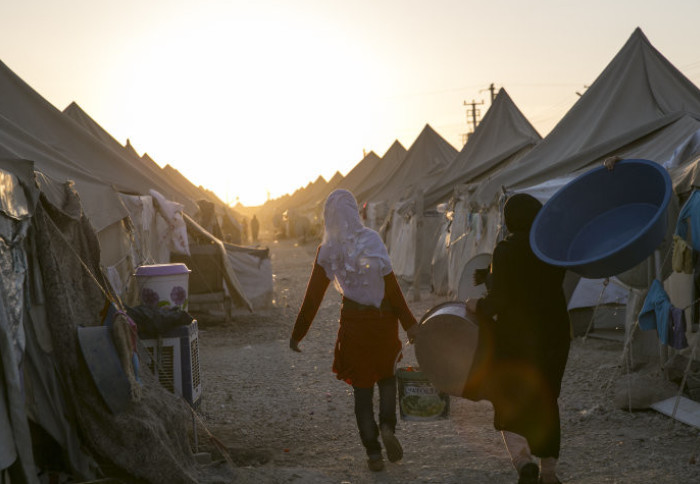
Collaborations with on-the-ground expertise helped refocus Imperial's Global Health BSc on one of the world's worst health crises.
"UK medical graduates need to appreciate the local and global factors that affect people’s health,” says Dr Mariam Sbaiti, Deputy Director of the Global Health BSc course within Imperial’s School of Public Health. However, disparities in global health education and research funding mean that curricula often involve teaching about people unrepresented in the classroom.
In July, then-Vice Provost for Education Simone Buitendijk and Professor of Public Health Helen Ward highlighted the vital importance of South-North cooperation in medical education. It’s a cause Dr Sbaiti is committed to, having invited people with lived experience of inequality, such as indigenous colleagues and sex workers to teach in her classrooms.
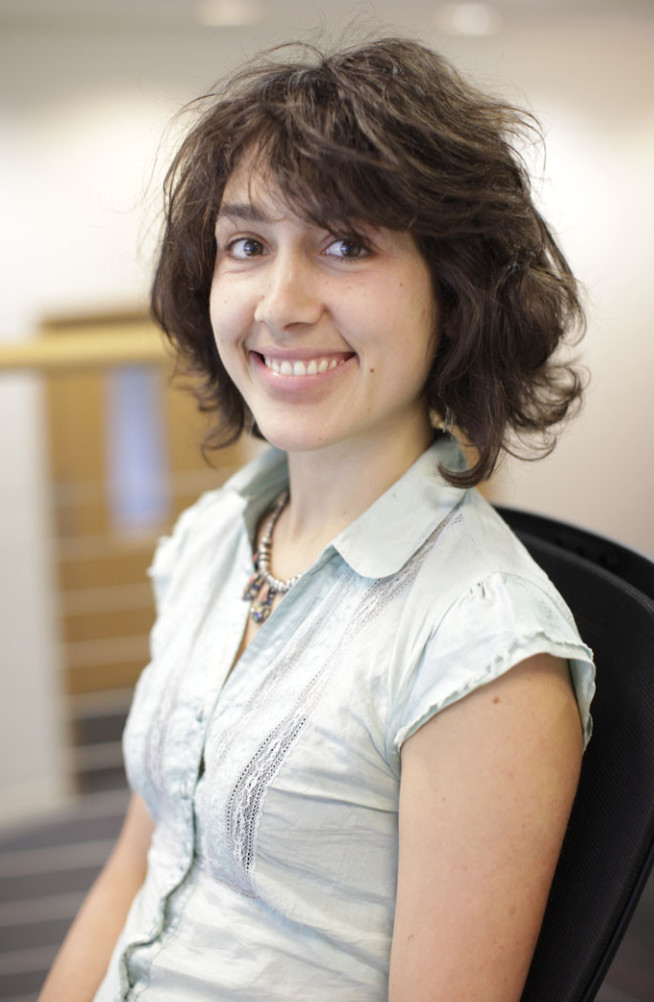
In 2018, she scaled this up, developing a model called Virtual Roundtables for Collaborative Education Design (ViRCoED). This was used to reshape the Global Health BSc to deliver innovative teaching and a key assessment around the Syrian conflic. In 2019 this included a film screening, a refugee policy-making simulation, and data visualisation and communication training.
A range of partners took part in the ViRCoED exercise including educators, students and colleagues with lived and professional experience of public health at the frontlines of the conflict. The project also gained a StudentShaper award to bring an alumna onboard.
“Our partners worked collaboratively to make the curriculum truer to reality. Whilst the ViRCoED model is not going to solve asymmetries in global health research and education, it prompted us to consider social accountability more explicitly when designing our teaching. It’s a fundamental ethical requirement that our students go on to appreciate the importance of the rich social and political context of data before analysing it.”
In this article we talk to some of those behind the project to discuss how a new approach to education design can help develop responsible global health leaders.
Aula Abbara, consultant in infectious diseases and researcher at Imperial NHS Healthcare Trust
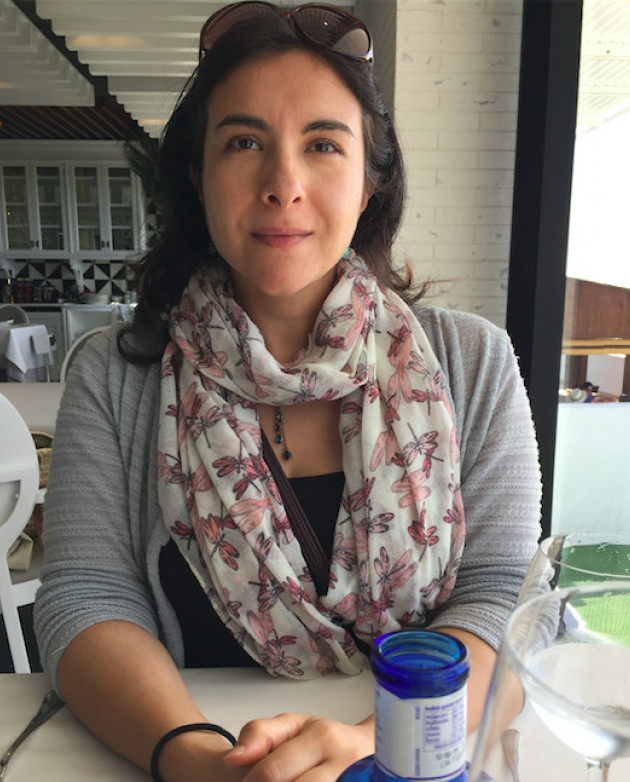
Aula is a British-Syrian expert in health policy and the Syrian conflict. She co-chairs the Syria Public Health Network and has volunteered as a clinician, researcher and educator in the Syrian context since 2012. She helped Mariam set up the project before sourcing real-time epidemiological data for the assessment and introducing partners with lived and humanitarian experience.
”It was important to focus on Syria because the scale of destruction and population movement highlights the intersecting factors that can impact public health. Hopefully this novel approach to education will allow those from conflict affected countries to lead future discussions about their own health systems, rather than the narrative being led by those without lived experience or knowledge of the wider context.’”
Mervat Haffar, pharmacist and humanitarian activist
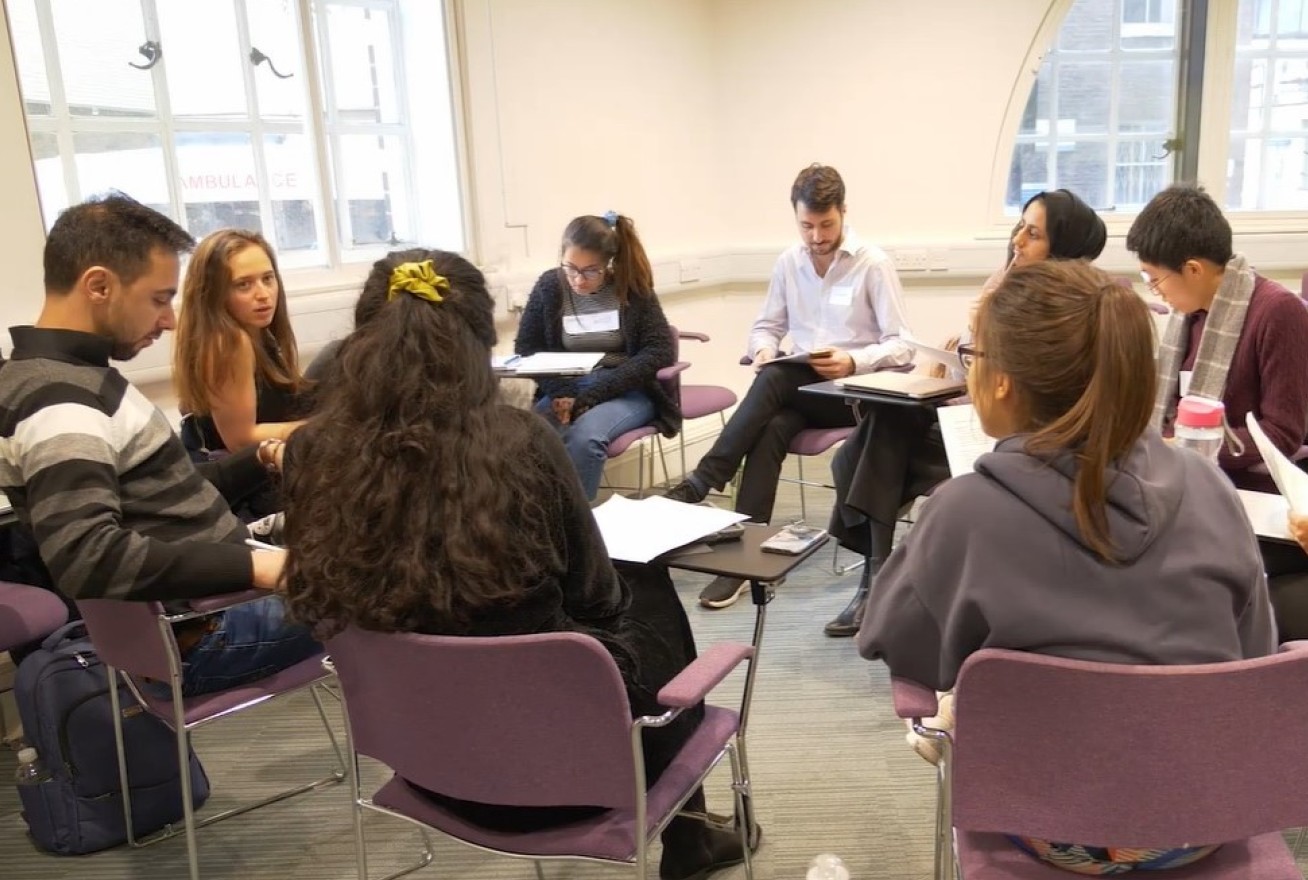
Mervat was a pharmacist in Damascus and she came to London to study an MSc. She now runs a human library session for students to hear how alternative health systems are built and managed during conflicts. She also co-developed a refugee policy-making simulation, where students role play as humanitarian representatives of the World Health Organisation or Red Cross, negotiating improved sanitation within Syrian refugee camps.
“I wanted to ensure that the students understand conflict situations are often more complicated than what the media presents. In Syria, each city has its own experience of the conflict and you can’t generalise. With the simulation exercise, we wanted to remove any naivety around how things really function, including how health can be politicised or used as a weapon in conflict.”.”
Melanie Leis, Head of Big Data Unit
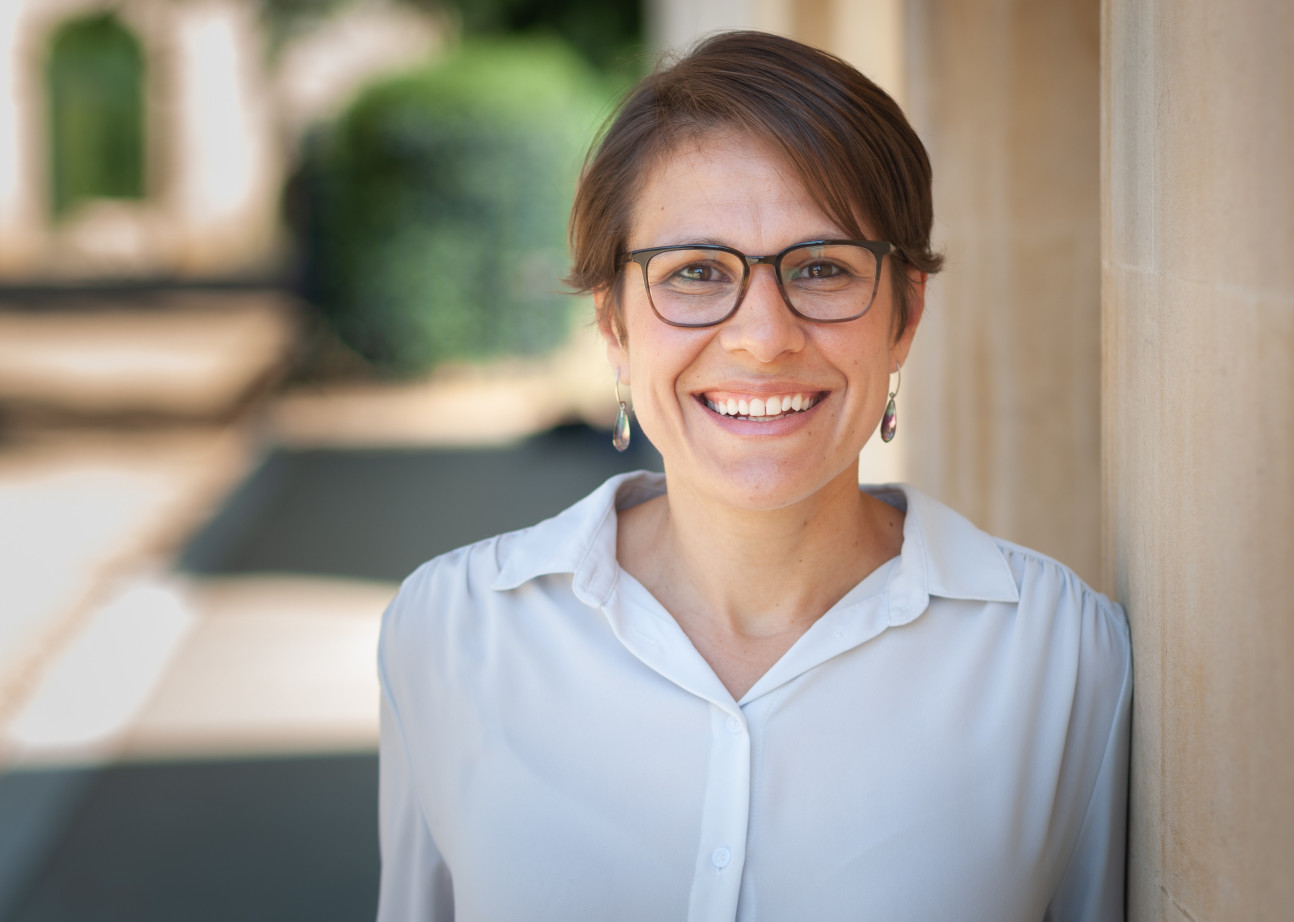 Melanie oversees the learning and assessment of data visualisation in the curriculum, teaching students how to communicate data effectively to the public and policy-makers. Healthcare consultants can now use machine learning to identify key drivers of patient safety to advocate for change or answer politician’s questions. But that is only useful if you can identify the key insights that aid decision-making. These critical skills are developed through authentic assignments where students write briefing documents with data visualisations for policy-makers.
Melanie oversees the learning and assessment of data visualisation in the curriculum, teaching students how to communicate data effectively to the public and policy-makers. Healthcare consultants can now use machine learning to identify key drivers of patient safety to advocate for change or answer politician’s questions. But that is only useful if you can identify the key insights that aid decision-making. These critical skills are developed through authentic assignments where students write briefing documents with data visualisations for policy-makers.
“The BSc students gain experience working with real life data in an ongoing conflict. As a result, they will be better prepared for that first messy dataset they are asked to summarise in the professional world.”
Vicki Pilkington, Student Shaper
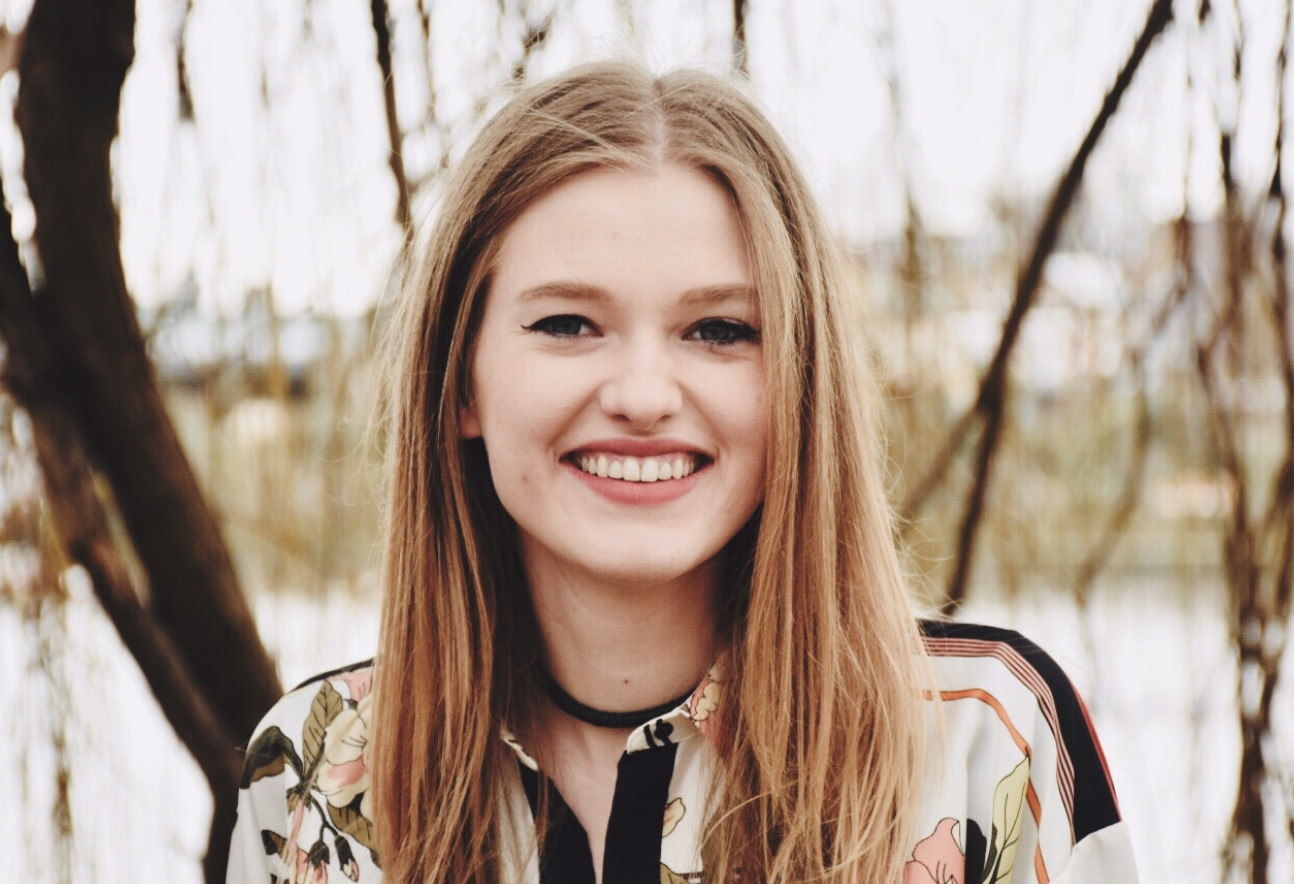 Former global health student Vicki was brought onto the team early on to influence the design of the assessment.
Former global health student Vicki was brought onto the team early on to influence the design of the assessment.
“I genuinely felt that my thoughts were given a lot of weight by the team. My student perspective on everything from working hours and attendance, to ability levels, assessment content and structure seemed genuinely valued and helped steer the new assessment towards what I would have wanted during my BSc. The experience has also been helpful personally for job applications, future clinical practice and working within research groups.”
Maryam Omar, former Masters of Public Health student
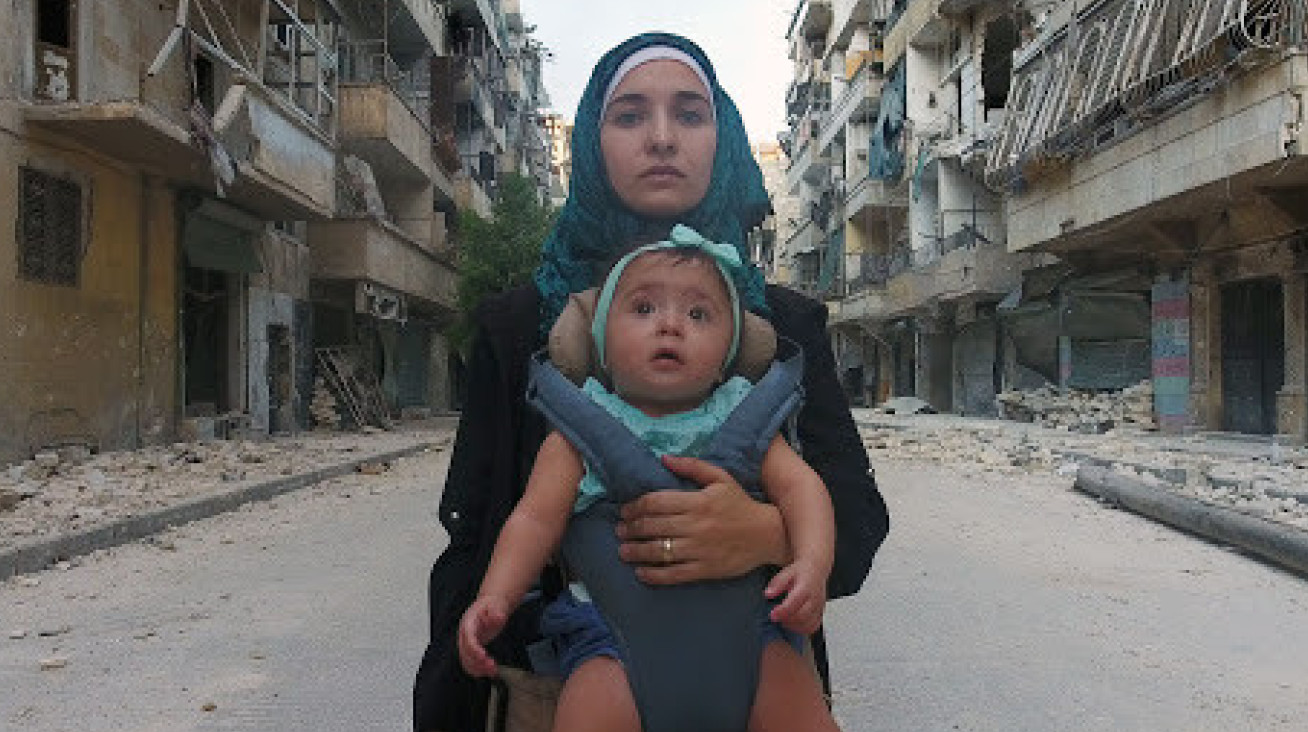
Maryam, a Master of Public Health student was invited to bring her humanitarian sector experience to the course. She was involved in the film screening of the Oscar nominated documentary For Sama, which tells the story of a family providing healthcare facilities during the siege of Aleppo. The screening was followed by a Q&A panel with Maryam, Mervat Alhaffar and Yazan Douedari, a colleague who provided healthcare in Aleppo.
“We wanted to contextualise the socio-political background of the country and convey the reality of healthcare in a conflict setting. By humanising those involved and affected, I hope students develop greater empathy and understanding.”
Future plans
Recent qualitative research with the latest BSc cohort showed the Syrian curriculum cited by students as a more inclusive approach to global health education. However, Dr Sbaiti sees the course transformation as an ongoing project. For example, she is set to partner with a human rights charity working in UK Immigration Removal Centres to create new learning opportunities for future students.
“Our aim is to develop responsible global health practitioners, who can enter into mutually beneficial collaborations based on an understanding of each others’ position in the world.”
Article text (excluding photos or graphics) © Imperial College London.
Photos and graphics subject to third party copyright used with permission or © Imperial College London.
Reporter
James Romero
Office of the Provost
Murray MacKay
Communications Division